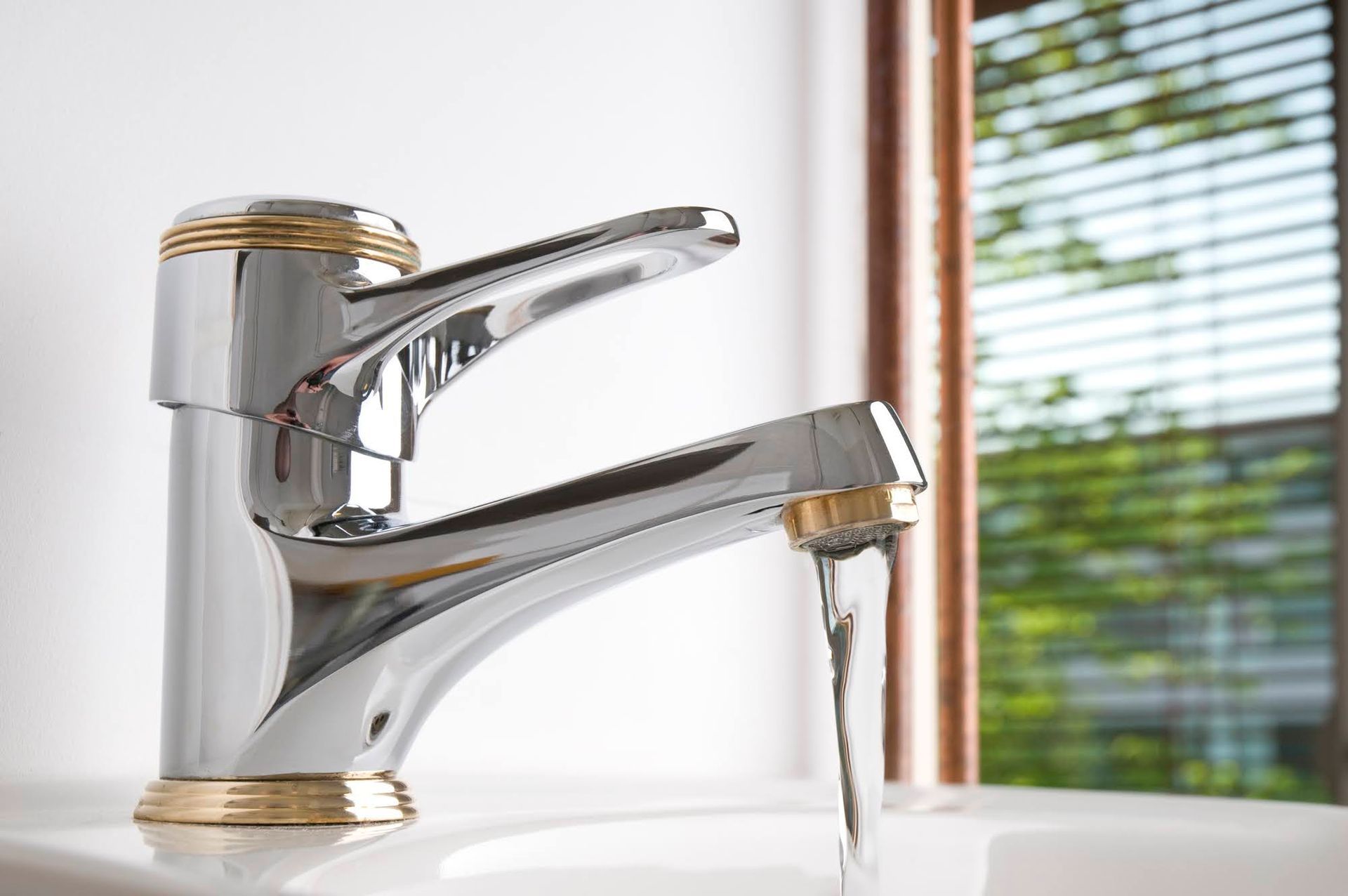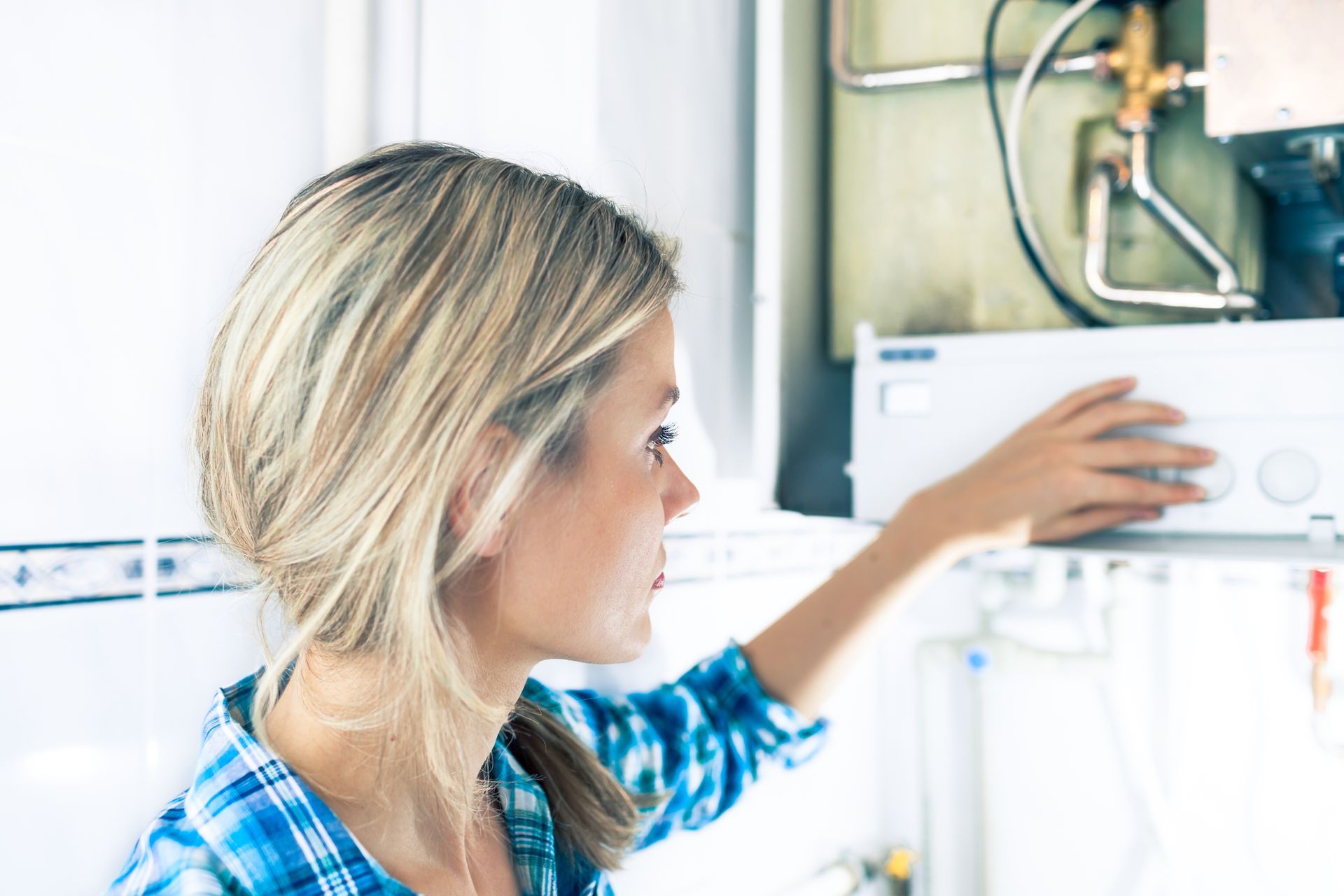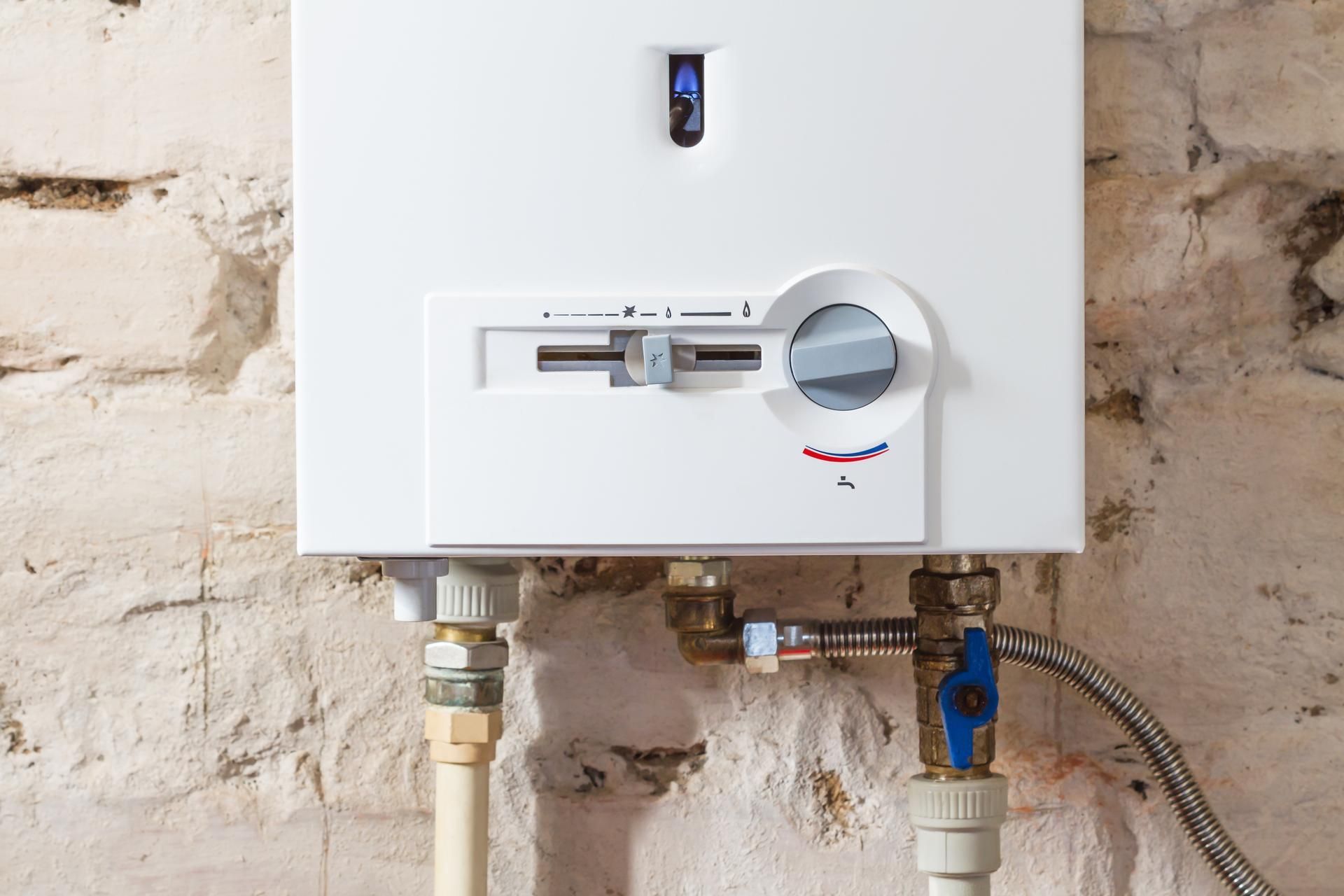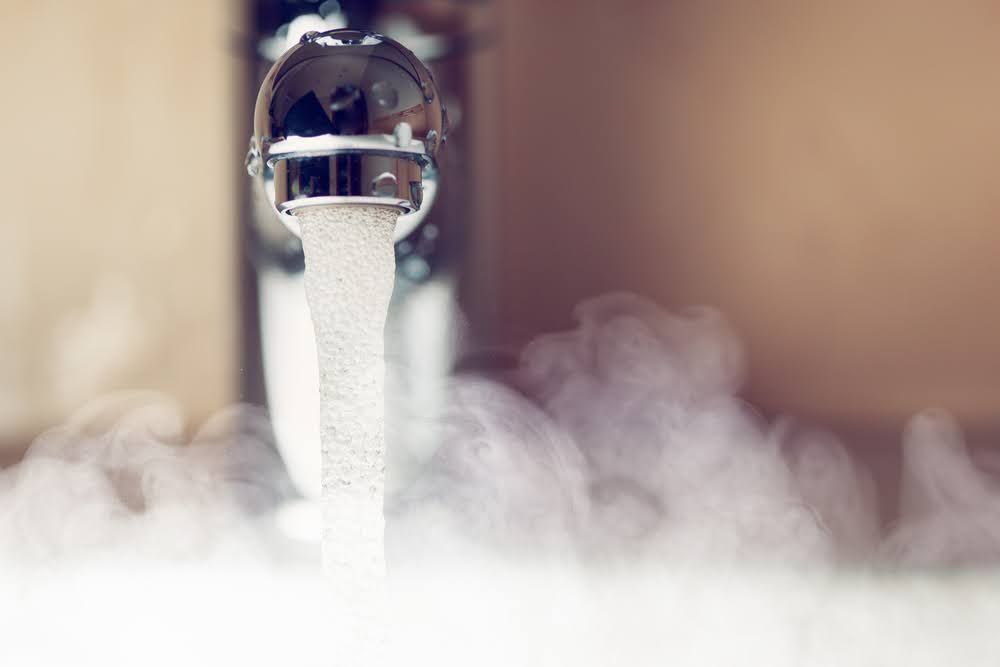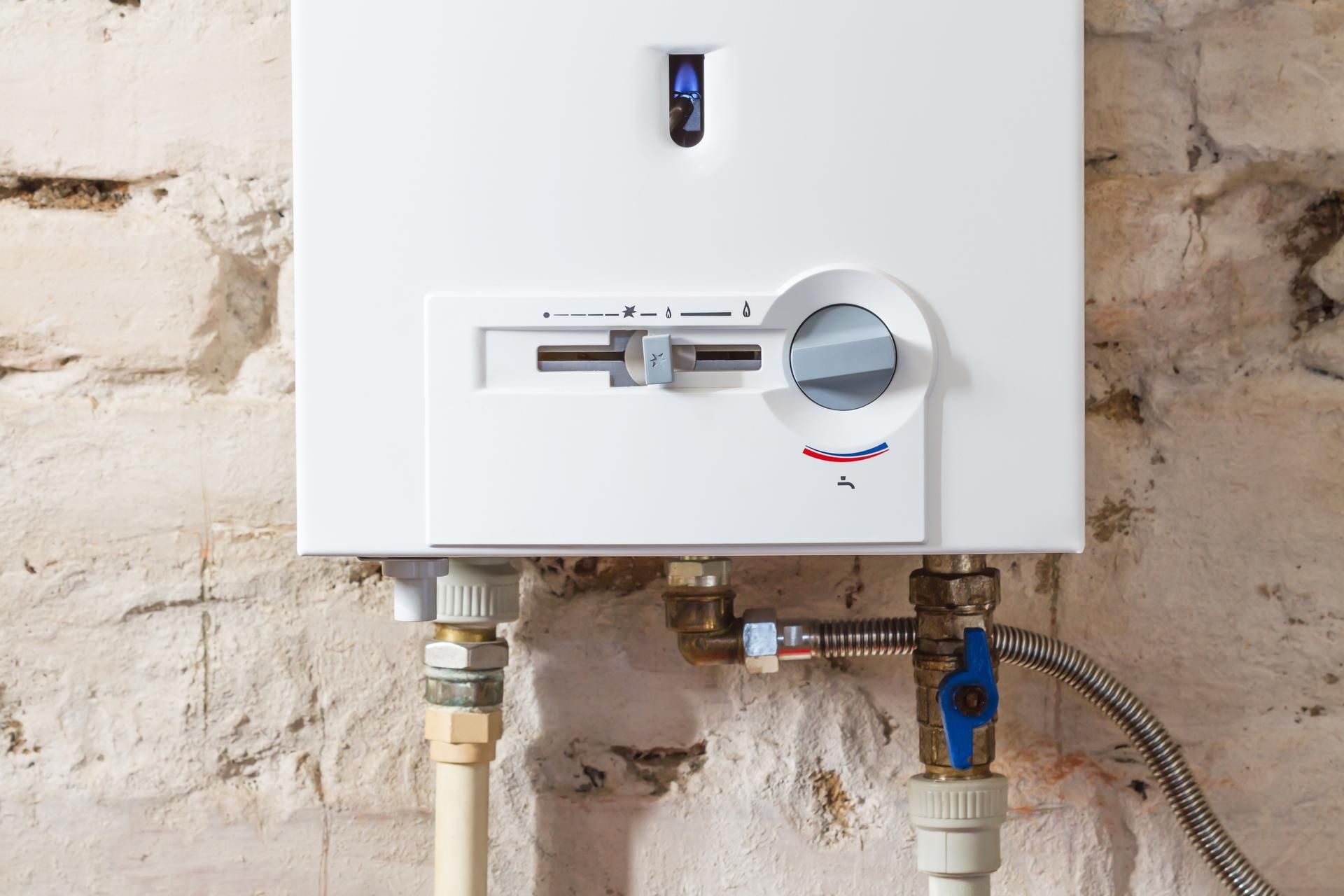Check Out Our Water Heaters Specials!
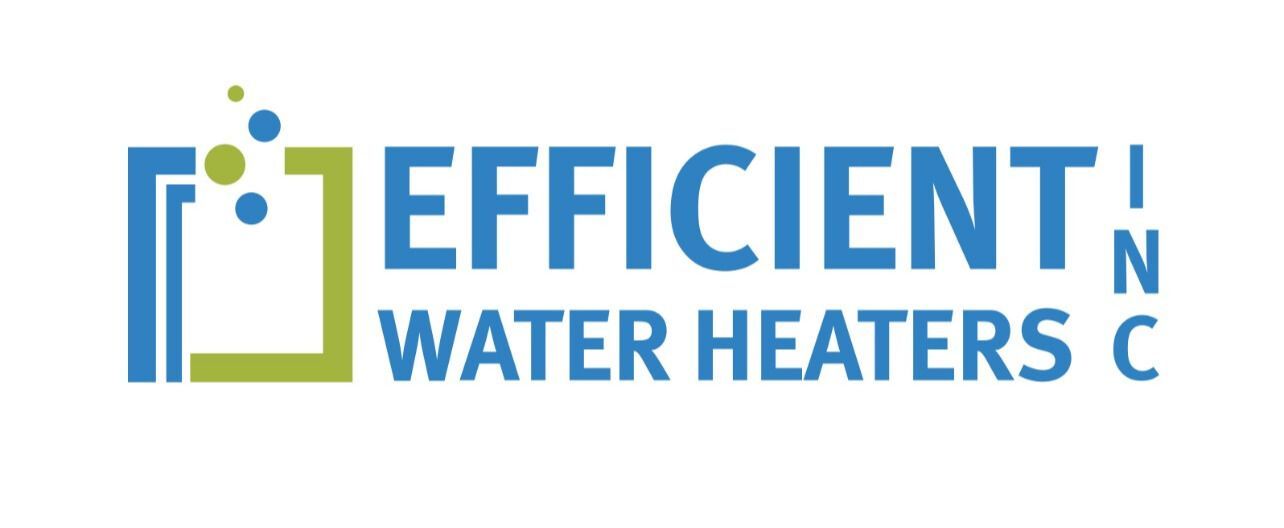
6:00 am - 10:00 pm 7 Days a Week
Serving San Jose, Santa Clara, San Mateo County and South Bay
Traditional Vs Tankless: The Battle Of The Water Heaters
A home's water heater is one of those unsung heroes. Quietly doing its job, it's not until a cold shower or skyrocketing energy bill that we give it a second thought. Traditionally, most households have been equipped with a conventional water heater: a giant that tirelessly stores and heats gallons of water. However, in recent years, the tankless water heater has been gaining popularity as an efficient, space-saving, and on-demand alternative. In this comparative analysis, we dive into the warmth-inducing, budget-protecting, space-contending world of water heaters and wrestle with the million-dollar question: which is better for your home?
Understanding the Basics
Before we jump into the differences, let's understand what we're working with.
Conventional Water Heaters
Picture your reliable kettle—a hefty steel drum scaling up to five feet or so in your basement. It's got an inner tank where water gets heated and stored. And when it dips below a certain level, it automatically refills and reheats the whole tank, ready to deliver hot water at any faucet or showerhead. The output remains consistent, but so does the energy consumption, even when you're sleeping.
Tankless Water Heaters
The tankless system is like your kettle's sophisticated counterpart. It heats water on demand—only kicking into action when a hot water tap is turned on. There's no tank, just coils where the water is heated. This lean machine touts energy savings and 'endless' hot water, within the limits of its capacity, of course.
Energy Efficiency: The Eco-Conscious Decision
When the hot water debate comes down to sustainability, the tankless heater wins by a mile.
Conventional Wisdom
Conventional water heaters are less energy efficient, as they must continually heat water in the tank to maintain a set temperature. This creates what is known as standby heat loss, particularly wasteful during periods when hot water isn't being used.
Tankless Triumph
Tankless heaters eliminate standby heat loss. They produce hot water without the need for storage, which means they only heat the water you use. This means that homes with tankless units can experience more energy efficiency when compared to those with traditional storage tank water heaters.
Installation and Space Allocation
On the real estate market, space is king, and in the domain of water heaters, it could very well tip the scales in favor of tankless.
The Storage Conundrum
Conventional water heaters are large and (relatively speaking) in charge of your space. They need a storage closet, basement corner, or garage spot to call home. Installation can be trickier, requiring venting and plumbing considerations.
The Tankless Takeover
For those living in cozy condos or urban abodes, the tankless system offers liberation from bulky tanks. Measuring only a fraction of the size, they can be mounted on walls, in tight corners, or even under cabinets. This can make installation more versatile and potentially less costly in terms of modifications to your space.
Investment and Lifespan
Let's put a price on comfort. When comparing water heaters, the initial cost is a significant factor, but lifespan plays a role, too.
The Upfront Inflow
Conventional water heaters often win in terms of initial cost. They're less expensive to purchase and install, making them the go-to for budget-conscious homeowners.
The Long-Term Payoff
Although tankless systems require a larger upfront investment, their longer lifespan, when compared to the average longevity of conventional units, can balance the scale. Additionally, the lower energy bills tankless models afford can help recoup the initial cost over time, making them quite the savvy investment.
Flow Rate: How Fast Can You Go?
When it comes to hot water delivery, tankless heaters can potentially outrun their conventional counterparts.
Traditional Taps
Conventional water heaters can deliver a steady flow of hot water to multiple outlets at once, within the capacity of their tank size. However, once that hot water is depleted, expect a wait—a relatively chilly one—before it refills and reheats.
Tankless Temperament
Tankless systems provide an uninterrupted flow of hot water at the set maximum gallons-per-minute (GPM) rate, dependent on the size of the unit. This means showers can be as long as you like, and laundry day doesn't have to wait for the tank to refill.
In this marathon of hot water solutions, each system has its strengths, and the right choice ultimately depends on your home's unique heating needs. To learn more about water heater options, contact our office today.
Navigation
PHONE: (408) 470-0191
SERVICE AREAS:
San Jose, Santa Clara, San Mateo County and South Bay
Business Hours
Monday to Sunday 6:00 AM - 10:00 PM



